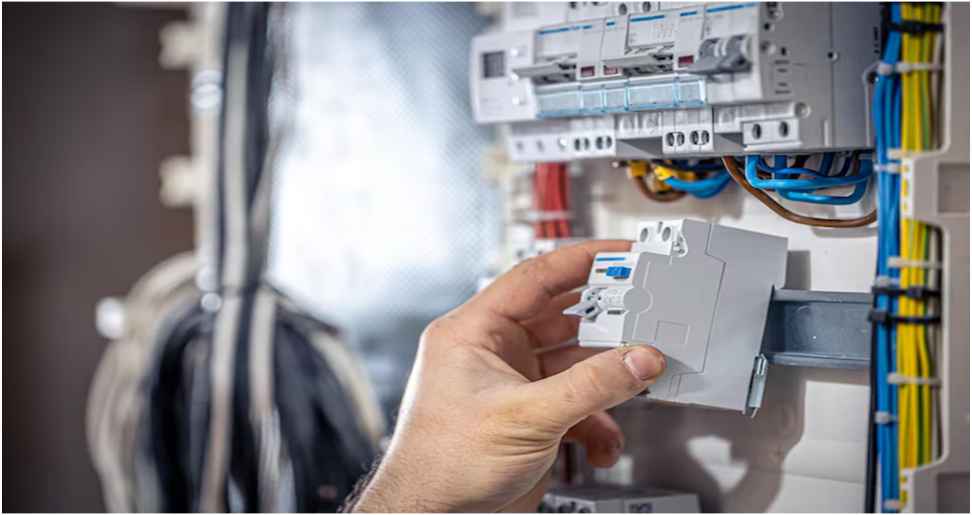Modern electrical installations are pivotal in ensuring safety, efficiency, and sustainability in residential and commercial spaces alike. From the expertise of a residential electrical contractor to the intricacies of high voltage cabling, every aspect demands careful consideration to meet contemporary standards and future-proof infrastructure.
The Role of a Residential Electrical Contractor
A competent residential electrical contractor plays a crucial role in the planning, installation, and maintenance of electrical systems within homes. Their expertise extends beyond mere wiring to encompass safety protocols, energy efficiency, and compliance with local regulations. As technology evolves, so do the responsibilities of these professionals, ensuring that every household benefits from reliable and secure electrical systems.
Planning for Efficiency and Safety
Efficiency begins with meticulous planning. Before any installation begins, thorough assessments of electrical needs and load requirements must be conducted. This initial step not only ensures that the electrical system meets current demands but also allows for scalability as energy needs evolve. A skilled contractor considers factors such as the number of appliances, lighting requirements, and potential future expansions to design a system that maximizes efficiency while minimizing energy waste.
Integration of High Voltage Cabling
High Voltage Cabling plays a critical role in modern electrical installations, particularly in commercial settings where power demands are substantial. These cables are designed to carry large amounts of electrical current safely over long distances, minimizing energy loss and ensuring reliable power distribution. Proper installation of high voltage cabling requires adherence to stringent safety standards and the expertise of qualified professionals to mitigate risks associated with high electrical currents.
Embracing Sustainable Practices
In today’s environmentally conscious landscape, sustainable practices are integral to electrical installations. This includes the use of energy-efficient appliances, LED lighting solutions, and smart home technologies that optimize energy consumption. Residential electrical contractors are pivotal in recommending and implementing these solutions, thereby reducing carbon footprints and lowering utility costs for homeowners.
Ensuring Compliance and Safety
Compliance with local electrical codes and safety standards is non-negotiable in modern electrical installations. A reputable residential electrical contractor remains abreast of regulatory updates and ensures that all installations meet or exceed these requirements. From circuit protection devices to grounding systems, every component must be installed with precision to safeguard against electrical hazards and potential fire risks.
Future Trends and Innovations
The landscape of electrical installations continues to evolve with advancements in technology and consumer demands. Emerging trends include renewable energy integration, such as solar panel installations and energy storage solutions, which offer sustainable alternatives to traditional power sources. Additionally, innovations in energy management systems and grid connectivity pave the way for smarter, more interconnected electrical infrastructures.
Conclusion
Modern electrical installations are defined by innovation, safety, and sustainability. From the expertise of residential electrical contractors to the critical role of high voltage cabling, every element contributes to the reliability and efficiency of electrical systems. By prioritizing efficiency, embracing sustainable practices, and adhering to safety standards, stakeholders ensure that electrical installations not only meet current needs but also anticipate future challenges in an ever-evolving technological landscape.
Read more:
- Office Ally – Net Worth
- Is Marine Transportation A Good Career Path?
- Apple Event 2023: Know When And Where To Watch!



I got what you intend, regards for putting up.Woh I am happy to find this website through google. “I would rather be a coward than brave because people hurt you when you are brave.” by E. M. Forster.
Your comment is awaiting moderation.